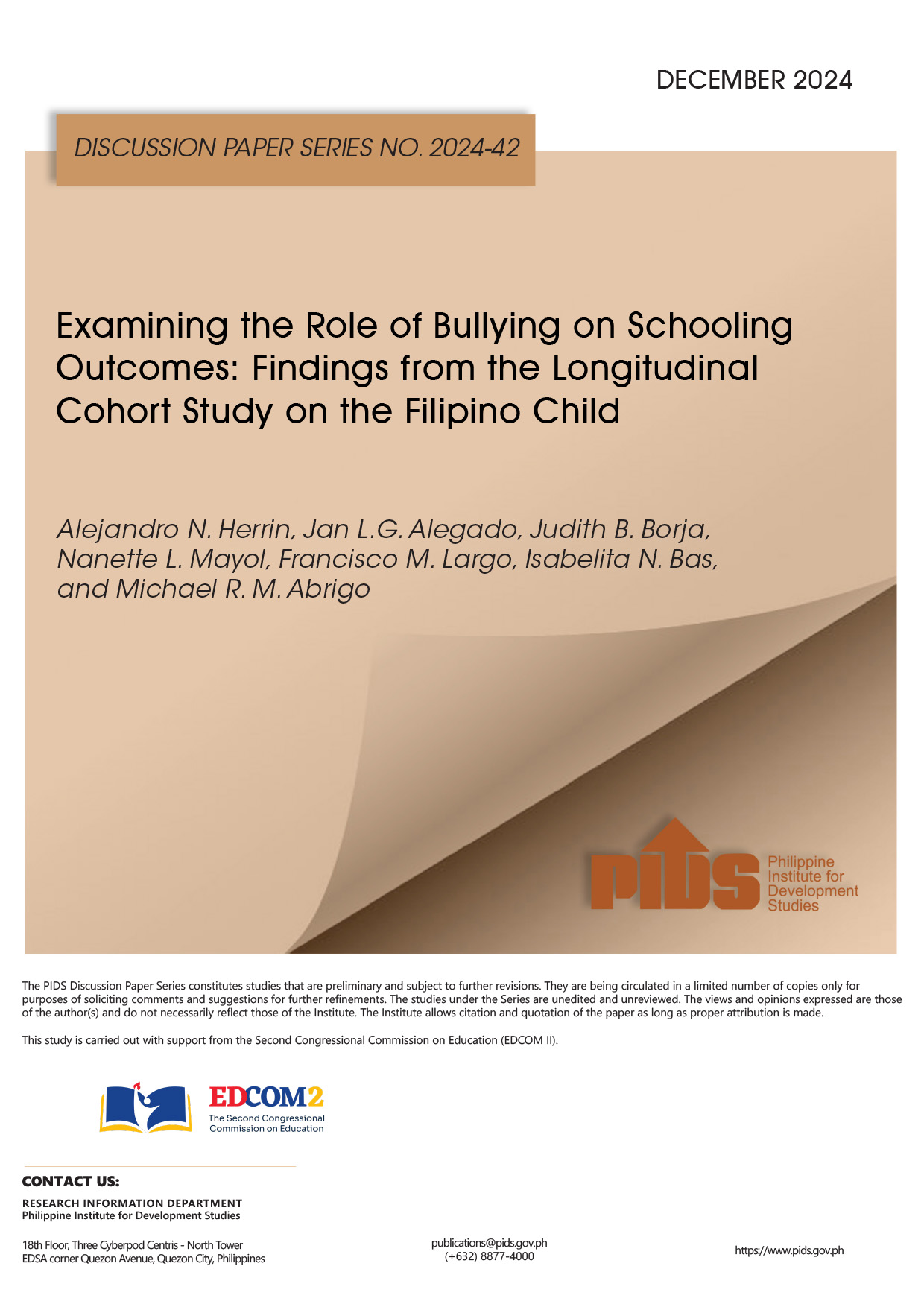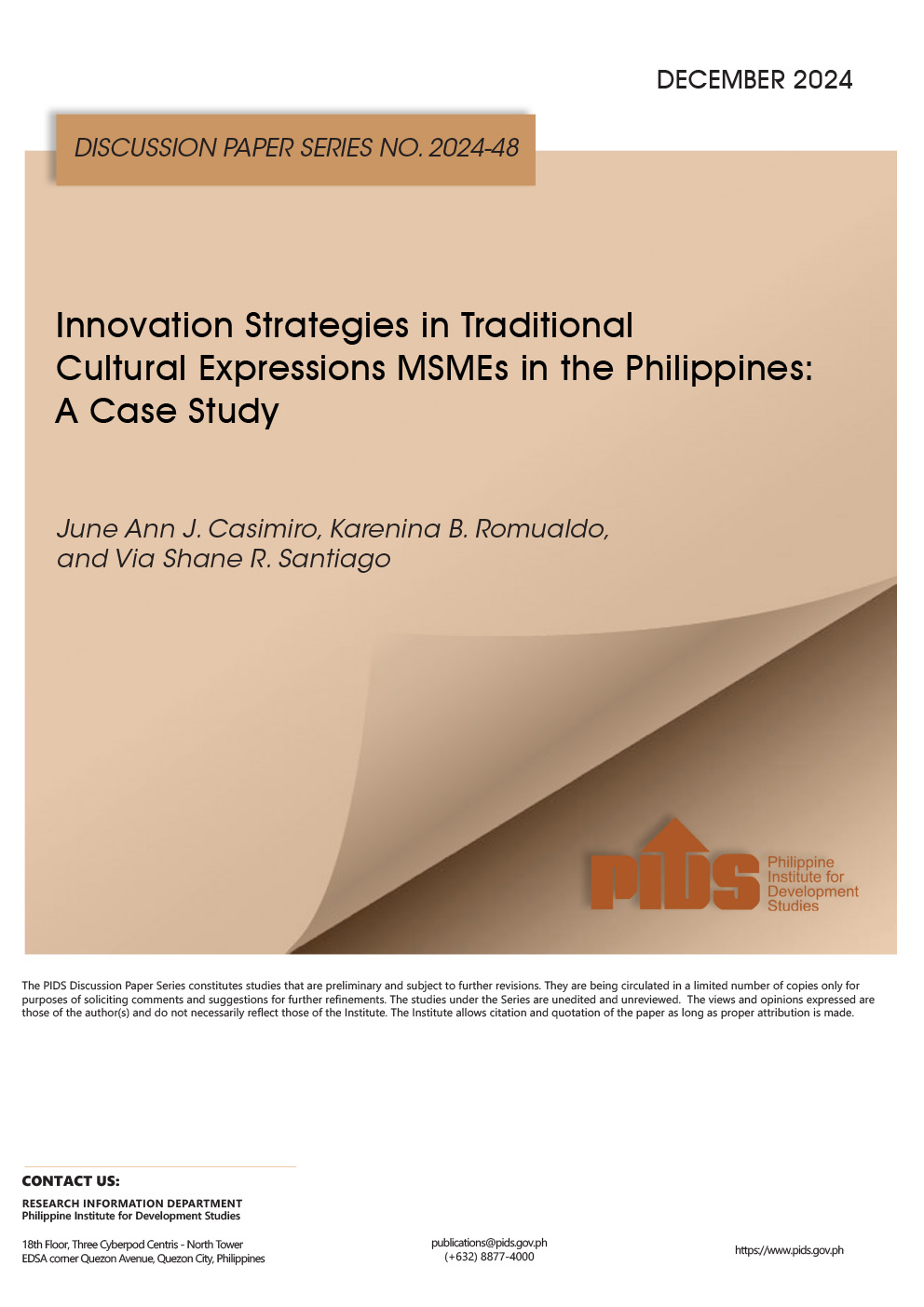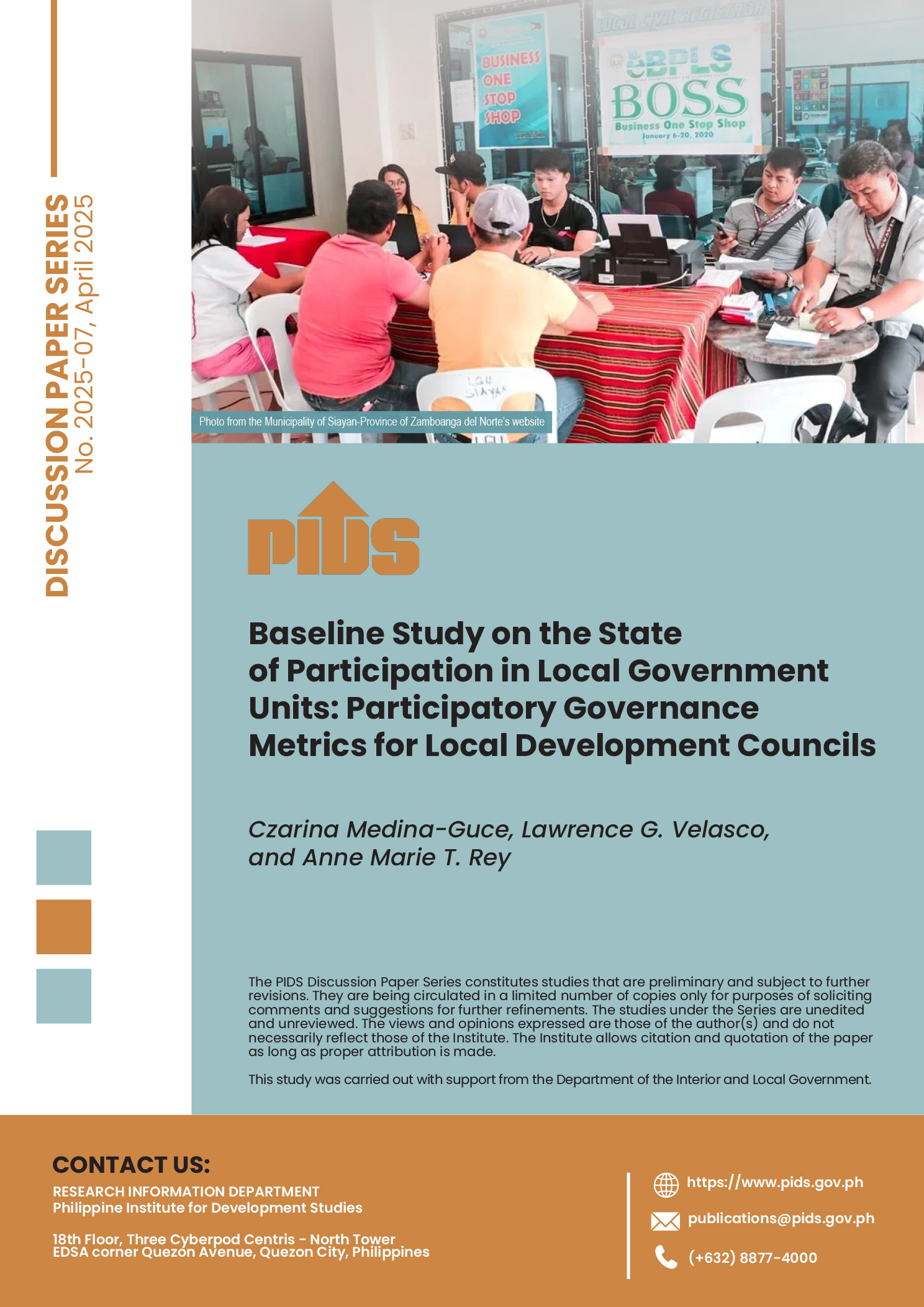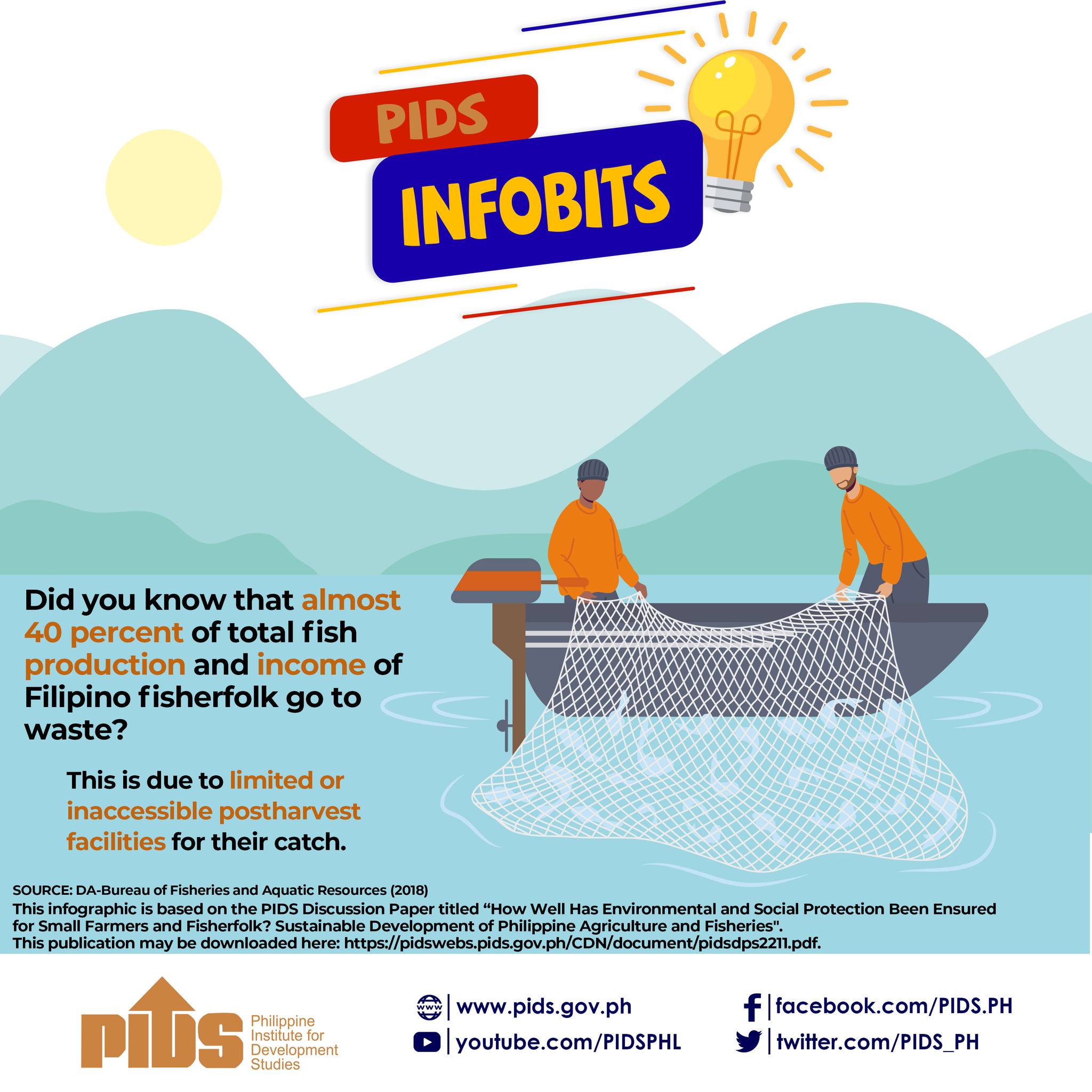A number of barriers to trade hinder the ability of fish traders to compete internationally, including in the Asean Economic Community (AEC), according to a study released by state-owned think tank Philippine Institute of Development Studies (Pids). In the study titled "Philippine fisheries trade with Asean: Chokepoints to AEC 2015,” Pids Senior Research Fellow Danilo Israel said these "chokepoints” refer to impediments in the supply chain that need to be removed in order for the local fish industry to realize cost or time, savings, or both. The chokepoints are in the quality of infrastructure and cold chain; internal transport and logistics; import or export clearance; certification and permit processes; transparency and awareness of regulations; and nontariff measures. "It goes without saying that with 2015 just around the corner, the government and the private sector must work together to address these chokepoints and prepare the country for Asean competition,” Israel said. "Aside from addressing the identified chokepoints, an important step that the government and fisheries associations can do together at this point is to aggressively inform and educate fish traders about the AEC in general and specifically on how it is likely to affect their individual businesses,” he added. To address these chokepoints, Israel gave several recommendations including the need for the government to increase investments in the construction and proper maintenance of port infrastructure and cold chains. He said fisheries associations can also help by promoting investments in cold chain and related services among its members. Israel added that there is a need to convince banks and other fund sources that these investments are viable. The Pids senior fellow said the sector should also explore joint ventures with companies in other Asean countries to facilitate trade.
‘Chokepoints’ prevent fish traders from competing in AEC—PIDS study
Related Posts
Publications
Press Releases
Video Highlights
[No related items]







